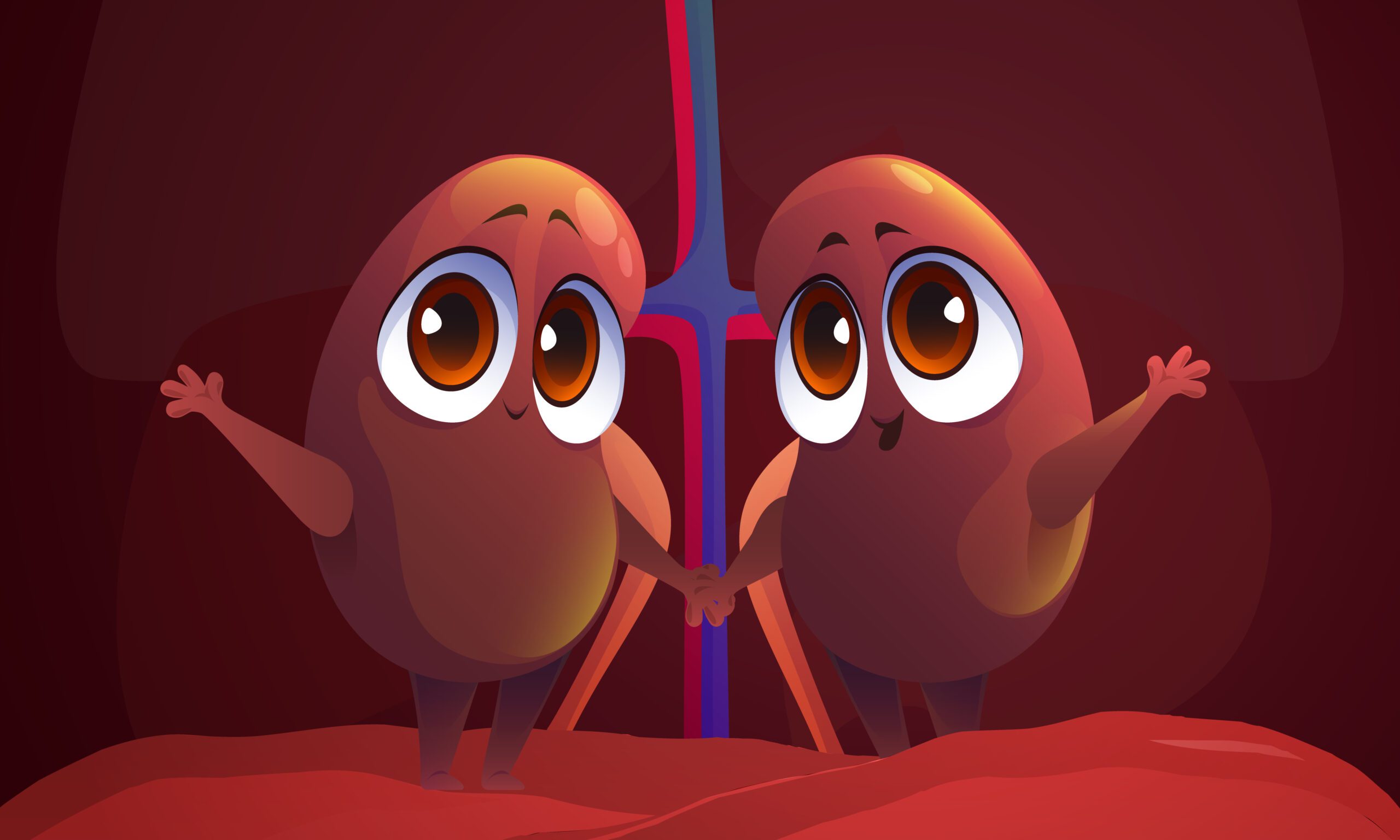Built to help women have a 360° approach to health through perimenopause to post-menopause.
welcome to MY BLOG
How the Modern World impacts our adrenal glands

November 20, 2023
In our health, the small adrenal glands play a big role, affecting energy, vitality, and various bodily functions. Found above the kidneys, these small powerhouses are crucial to the endocrine system, controlling hormones related to stress, adrenaline, cortisol, sex hormones, blood pressure, fluid balance, and salt retention.
Our changing lifestyle has put these glands under new challenges. Our bodies haven’t adapted to cope with the constant stress and emotional turmoil of modern life. Whether dealing with a hectic routine or emotional ups and downs, our adrenal glands bear the consequences of our choices.
When faced with stress, our body activates a protective mechanism. Immediate danger or ongoing pressures release stress hormones like adrenaline and cortisol. Even seemingly harmless stimulants like caffeine can trigger this response, setting off various physiological reactions.
Adrenaline, the main player in the stress response, speeds up the heart rate, quickens thoughts, and creates an uneasy feeling. Blood diverts from the digestive system to the limbs, preparing the body for escape. Energy demand is met by converting stored glycogen into glucose, circulating rapidly.
This blood glucose surge, often overlooked in modern life, can lead to sugar cravings. Fluctuations in blood sugar contribute to a cycle of fatigue, leading to the belief that more caffeine or sugary foods are needed for energy. Understanding the connection between our lifestyle and adrenal glands is crucial for a balanced approach to well-being.
Signs of adrenal strain include:
Persistent fatigue: Experiencing both physical and emotional weariness even after obtaining sufficient rest and sleep.
Diminished drive: A notable decline in motivation and interest for activities that were once pleasurable.
Cognitive challenges: Struggling with focus, memory lapses, and a decrease in cognitive performance.
Emotional strain: Regular feelings of sadness, irritability, or a sense of detachment from others.
Sleep disruptions: Facing difficulties in falling asleep, staying asleep, or achieving restful sleep.
Physical manifestations: Frequent headaches, muscle aches, and digestive issues without an evident medical explanation.
Heightened irritability: Easily becoming agitated or frustrated over minor issues or feeling overwhelmed by small challenges.
Retreat from responsibilities: Pulling back from work, social interactions, or previously enjoyed activities.
Reduced productivity: Diminished efficiency, lower work output, and challenges in meeting deadlines.
Neglect of self-care: Disregarding routines like healthy eating, exercise, and personal grooming.
Prolonged stress can increase cortisol production, leading to more health issues. To support your adrenals, consider limiting caffeine, practice slow breathing, and prioritise downtime for overall well-being.
Thanks for reading
Louise x
Leave a Reply Cancel reply
I have a reputation as a compassionate and innovative therapist who produces rapid and lasting changes with my clients. Are you ready to become my next success story?
Website Designed W/ Love By Traveller By Trade
Copyright © 2021, Louise The Therapist
Privacy Policy